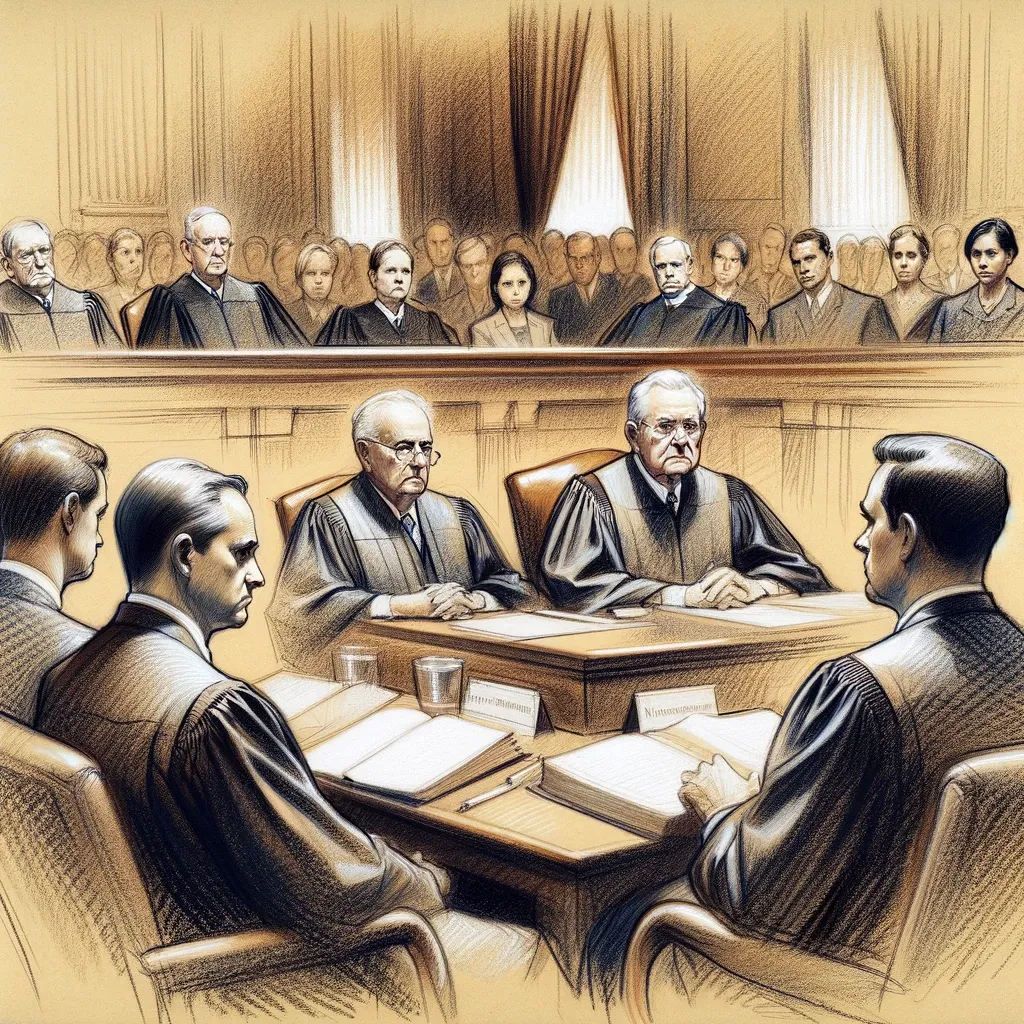Case Digest on United States v. Hansen

The Supreme Court ruled that 8 U.S.C. § 1324(a)(1)(A)(iv), which criminalizes encouraging or inducing illegal immigration, is not unconstitutionally overbroad under the First Amendment, as it specifically targets the solicitation and facilitation of illegal acts rather than broadly restricting protected speech.
Introduction:
This case addresses the legal boundaries of free speech in relation to immigration law, particularly focusing on the criminalization of encouraging or inducing illegal immigration activities.
Facts of the Case:
Helaman Hansen deceived hundreds of noncitizens with a fraudulent "adult adoption" scheme, falsely promising them U.S. citizenship, ultimately earning nearly $2 million from his activities. The United States charged Hansen with violations of § 1324(a)(1)(A)(iv) among other crimes.
Issue of the Case:
The core issue was whether § 1324(a)(1)(A)(iv) was unconstitutionally overbroad by potentially criminalizing protected speech under the First Amendment.
Ruling of the Case:
The Supreme Court found that the statute is narrowly focused on solicitation and facilitation of specific illegal acts, not on broadly prohibiting speech, and thus is not overbroad.
Impact on the Legal System:
This decision clarifies the scope of criminal liability under § 1324(a)(1)(A)(iv) and reaffirms the balance between free speech rights and the government's authority to enforce immigration laws.
Conclusion:
The ruling in UNITED STATES v. HANSEN reinforces the principle that statutes criminalizing the encouragement of illegal activities must be narrowly tailored to avoid infringing on constitutional free speech protections.

